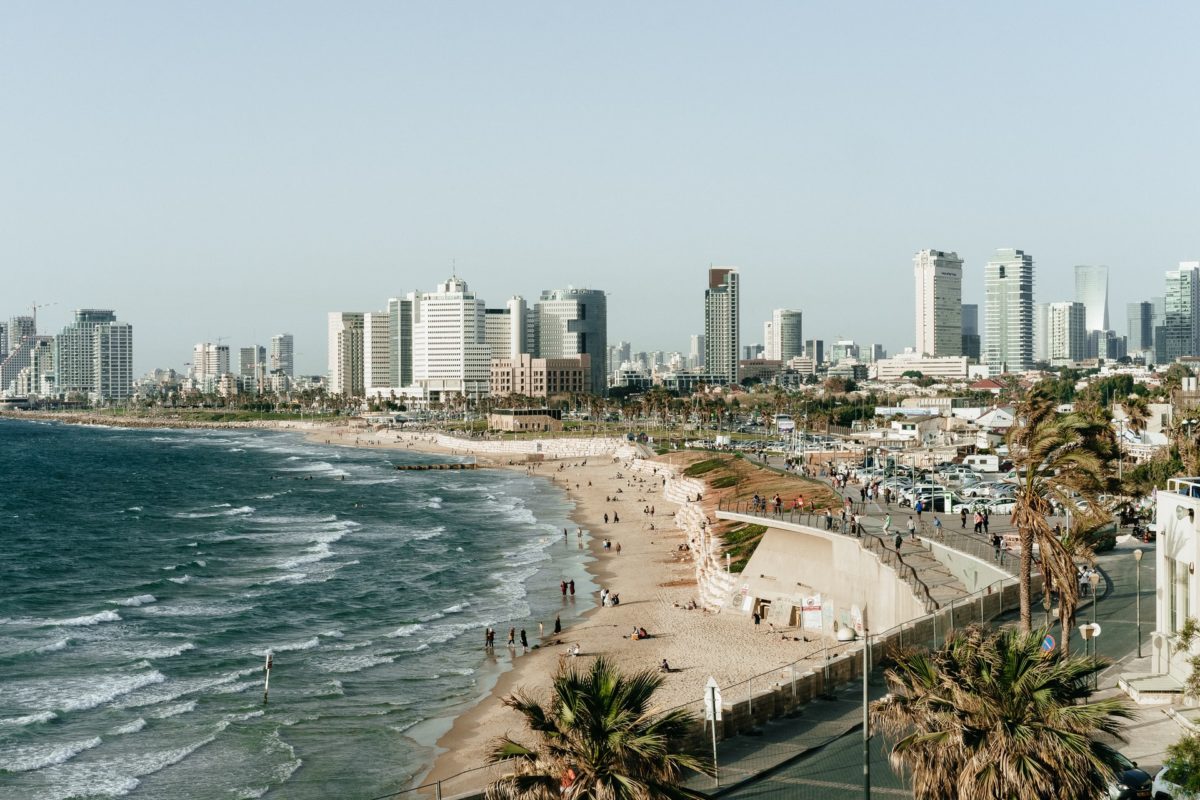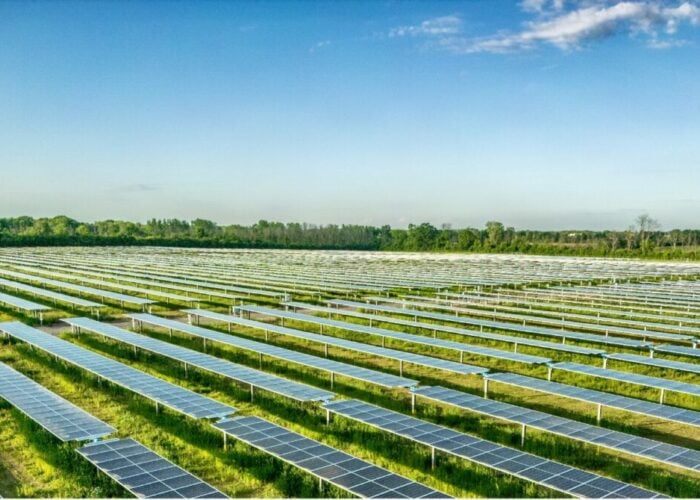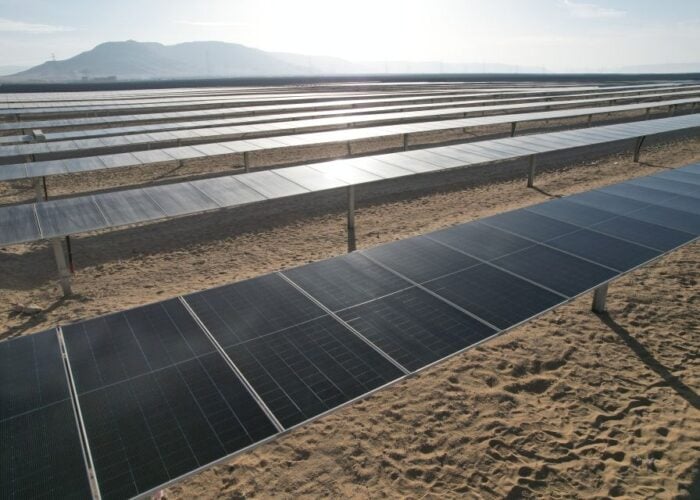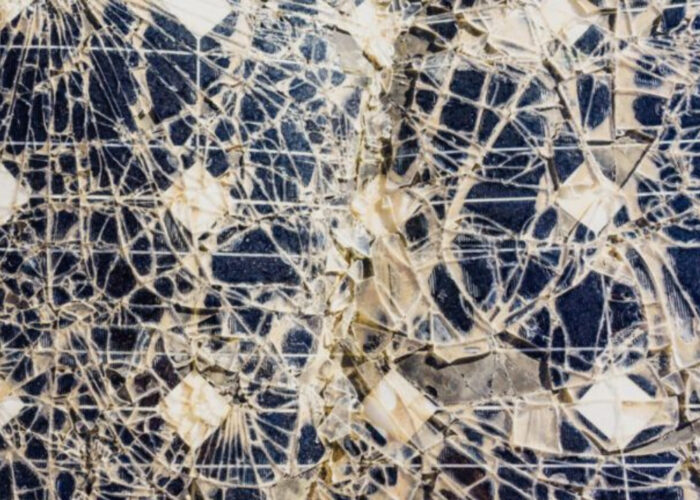
Israel has joined the list of nations setting their sights on renewables as a driver of economic recovery, with plans now laid out for a major solar pipeline.
Earlier this week, the Middle Eastern state outlined a roadmap to make energy and water infrastructure a centrepiece of the comeback from COVID-19, which at the time of writing has sparked 16,000-plus reported virus cases and 239 deaths nationwide.
Try Premium for just $1
- Full premium access for the first month at only $1
- Converts to an annual rate after 30 days unless cancelled
- Cancel anytime during the trial period
Premium Benefits
- Expert industry analysis and interviews
- Digital access to PV Tech Power journal
- Exclusive event discounts
Or get the full Premium subscription right away
Or continue reading this article for free
The plan from Energy minister Dr Yuval Steinitz would have Israel invest to deploy a 2GW solar fleet in the coming years, coupled with funding for the streamlining of permits for wind projects, grid upgrades, energy efficiency schemes, alternative transport fuels and other areas.
At 5.6 billion Israeli Shekel (US$1.6 billion), the solar pipeline will be granted a sizeable share of the 25-billion-Israeli-Shekel (US$7.1 billion) funding pot for the overall plan. In addition, the state would offer guarantees to unlock a further 5.3 billion Israeli Shekel (US$1.5 billion) in clean energy funding.
The infrastructure plan, set to be updated as time goes by, represents Israel’s bid to act “quickly and acutely” to restart its economy once COVID-19 cases subside. Unlike the 2008 financial crash, the current crisis is set to wreak “significant” economic damage to Israel, the Ministry said.
“The steps that will be taken immediately after the crisis are of great importance,” the roadmap argued. “These infrastructure projects must be carefully chosen, as they must be the engine that will drive the economy on the one hand and on the other, bring long-term benefit.”
Should the 2GW solar pipeline be delivered as currently planned, it would dwarf all other PV projects emerging in Israel to date. PV ventures of note so far include EDF Renewables’ (108MW), Belectric-Solel Boneh’s (120MW) and a 300MW tender in the Negev Desert.
The solar PV push is meant to help Israel progress towards government targets for renewable power, which is required to cover a 13% generation share by 2025 and at least 17% by 2030.
PV Tech has set up a dedicated tracker to map out how the COVID-19 pandemic is disrupting solar supply chains worldwide. You can read the latest updates here.
If you have a COVID-19 statement to share or a story on how the pandemic is disrupting a solar business anywhere in the world, do get in touch at [email protected] or [email protected].






